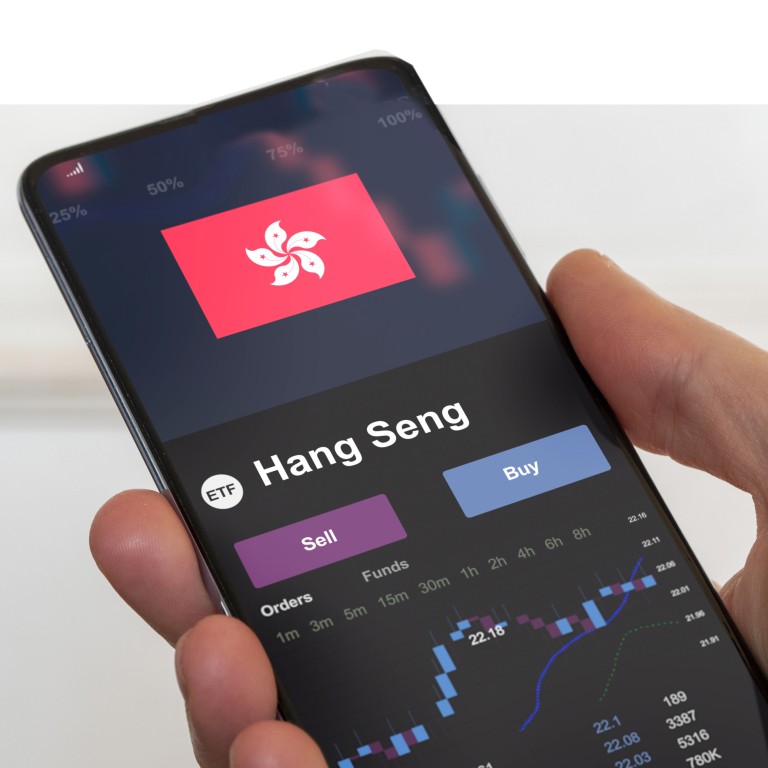
No changes made to city’s benchmark Hang Seng Index in latest quarterly review
- Tesla challenger Xpeng will replace milk powder maker China Feihe in the Hang Seng China Enterprises Index from March 13
- The number of constituents on the blue chip Hang Seng Index will remain at 76, the compiler said
An index that tracks shares of mainland Chinese companies on the Hong Kong stock exchange will admit electric vehicle (EV) maker Xpeng as the latest member, while the list of constituents on the blue chip Hang Seng Index remains unchanged.
Xpeng will replace China Feihe on the Hang Seng China Enterprises Index (HSCEI) from March 13, the compiler Hang Seng Indexes Company said in a statement after the close of trading on Friday. The Tesla challenger will have a 0.59 per cent weighting on the index.
The Hang Seng Tech Index will add social media platform Weibo and remove Ming Yuan Cloud Group Holdings from the list, according to the compiler.

The announcement by index compiler could be a big boost to the newly included companies, as passive funds tracking the indexes are likely to pick up any shares that are added as constituent stocks.
Xpeng dropped 3.7 per cent to HK$34.75 on Friday before the announcement while Weibo fell 1.2 per cent to HK$160.30. Still, the two have risen by 37 to 76 per cent since late October, mirroring the market rally on the back of China reopening bets.
Alibaba, NetEase lead Hang Seng lower on mixed earnings while Techtronic gains
Before Friday’s decision, the compiler added 26 stocks in the past eight quarterly reviews, including search engine operator Baidu, e-commerce platform operator JD.com and property developer Longfor Group. It removed only two stocks, AAC Technologies and Bank of Communications, from the list.
The compiler had earlier aimed to grow the list to 100 stocks without setting a specific timetable.
The city’s benchmark index declined more than 3 per cent this week, capping a four-week losing streak. The China reopening bets struggled to sustain a rally from late October amid heightened geopolitical concerns and generally mixed signals in corporate earnings.

